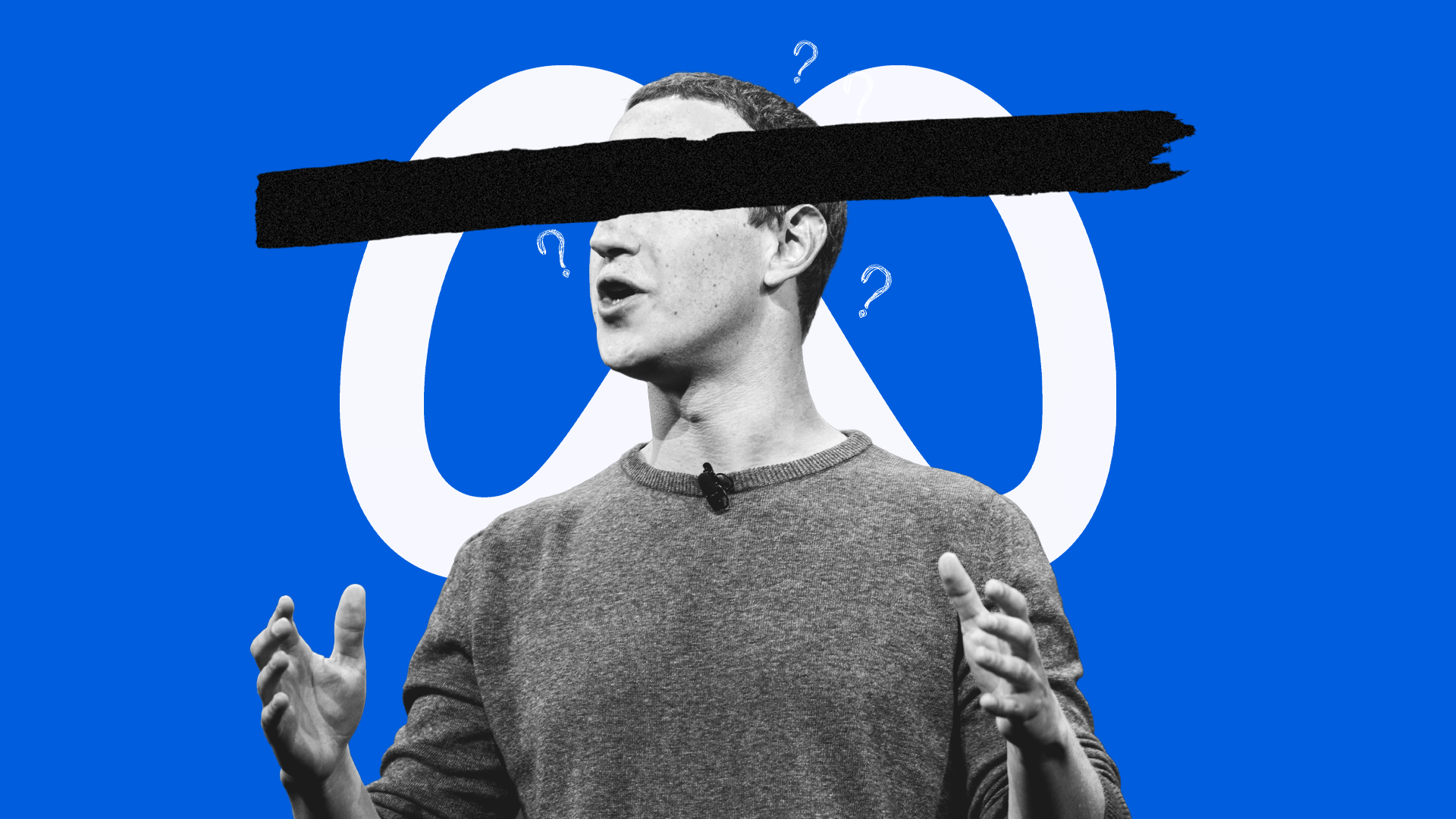A new Meta blog post has outlined how Zuckerberg intends to deliver on his ‘year of efficiency’. 10’000 jobs are to be cut and a further 5’000 open roles are closing. ‘Lower priority projects’ will also be shut down. Is Zuckerberg giving up on the Metaverse?
Meta’s CEO Mark Zuckerberg has announced 10’000 layoffs and a freezing of 5’000 open roles in the company’s ‘year of efficiency’.
It follows a financially turbulent 2022, which saw a slowdown in ad revenue and a workforce reduction of 13% in November. It was the first time Facebook or Meta had ever initiated mass layoffs and size reductions.
The company’s push for Horizon Worlds, a virtual hang-out service inside the Metaverse not dissimilar to VR chatrooms, was met with a shrug. Zuckerberg had originally hoped 500’000 monthly active users would be on Horizon Worlds by last Christmas. That goal was shifted to 280’000 after it was reported that only 200’000 were using the service.
Meta made a loss of $13.7 billion USD last year, with its Reality Labs division recording a $4.28 billion USD loss in operation costs in Q4 alone.
NFT support on Instagram and Facebook is also being dropped after an unsuccessful year experimenting with paid cosmetics and assets on both platforms. Stephane Kasriel, Meta’s commerce and financial technology lead, has announced that Meta will instead ‘focus on other ways to support creators, people, and businesses.’
Some product news: across the company, we're looking closely at what we prioritize to increase our focus. We’re winding down digital collectibles (NFTs) for now to focus on other ways to support creators, people, and businesses. 🧵[1/5]
— Stephane Kasriel (@skasriel) March 13, 2023
Up until now, Meta’s continual negative press has kept Zuckerberg undeterred. He has publicly insisted that Metaverse will be the future of online socialising, going so far as to call it the ‘internet’s next chapter.’
Funding for virtual reality and online social spaces has been extensive and aggressive.
As of August 2022, Meta had raised a total of $26 billion USD in funding over 17 rounds. The company has spent over $36 billion USD on the Metaverse specifically since 2019, while profits have steadily slowed. In Q3 of last year, the company made $285 million USD in revenue, almost half of that same quarter in 2021.
In a shareholder meeting in 2022, Zuckerberg said that a ‘significant amount’ of money would be lost in the next three to five years. This bullish approach reportedly angered major investors, who called Meta’s excessive spending ‘tone-deaf’.
Now, with its recent layoffs and a promise to streamline operations, it seems the company may finally be starting to rethink its long-term strategy.
Why could Zuckerberg be potentially changing course?
Insiders have said that Meta is turning away from its virtual reality plans and instead veering into machine learning.
In February, Zuckerberg announced a new product group that will develop generative AI for the company’s existing platforms, including Instagram and WhatsApp. Meta will be researching ways to generate text, images, and other media that is comparable to human-made content.
This shift from failing virtual social spaces to artificial intelligence products isn’t all that surprising and reflects a larger turn within tech. Snapchat has integrated ChatGPT into its UI, Google is building its own chatbot named Bard, and Microsoft Bing’s own chatbot was built with OpenAI’s language models.
ChatGPT and DALL-E have been at the forefront of mainstream tech conversations the past twelve months or so.
Anyone can now create unique images or text from human prompts using AI that pools from a huge database of references. This has led to countless memes, unsettling portraits of faces that don’t exist, and debate as to the moral ethics of an emerging technology that could have widespread ramifications for artistry.
Unlike Meta’s struggling Horizon Worlds, promising AI programmes such as these have the numbers to back up their supposed public interest.
OpenAI surpassed 100 million users in January and is reportedly growing faster than most traditional social platforms, including TikTok. In September 2022, image generator software DALL-E boasted over 1.5 million users actively creating over 2 million images a day. Meta’s efforts to capture the public’s imagination have been pale in comparison, to put it mildly.
AI is emerging as a serious disruptor to our creative processes and may be the true ‘next chapter’ for the internet. There’s no doubt Zukerberg wants a piece of the pie, even if it means changing Meta’s plans significantly and admitting that the company may have been wrong to invest so heavily in virtual reality.
Why has the Metaverse failed to grab public attention?
Despite Zuckerberg’s heavy enthusiasm, Metaverse has failed to entice consumers from the outset.
Its clunky reliance on virtual reality headsets, ties to Facebook, and unimpressive visual design are just a few reasons for its lukewarm reception. While Meta’s user base may be hugely impressive in size, with over 3 billion active daily accounts, that does not necessarily translate to customer confidence.
Only 18% of social media users believe Facebook protects their privacy, for example. We tend to use Meta’s applications out of sheer necessity rather than goodwill.


















